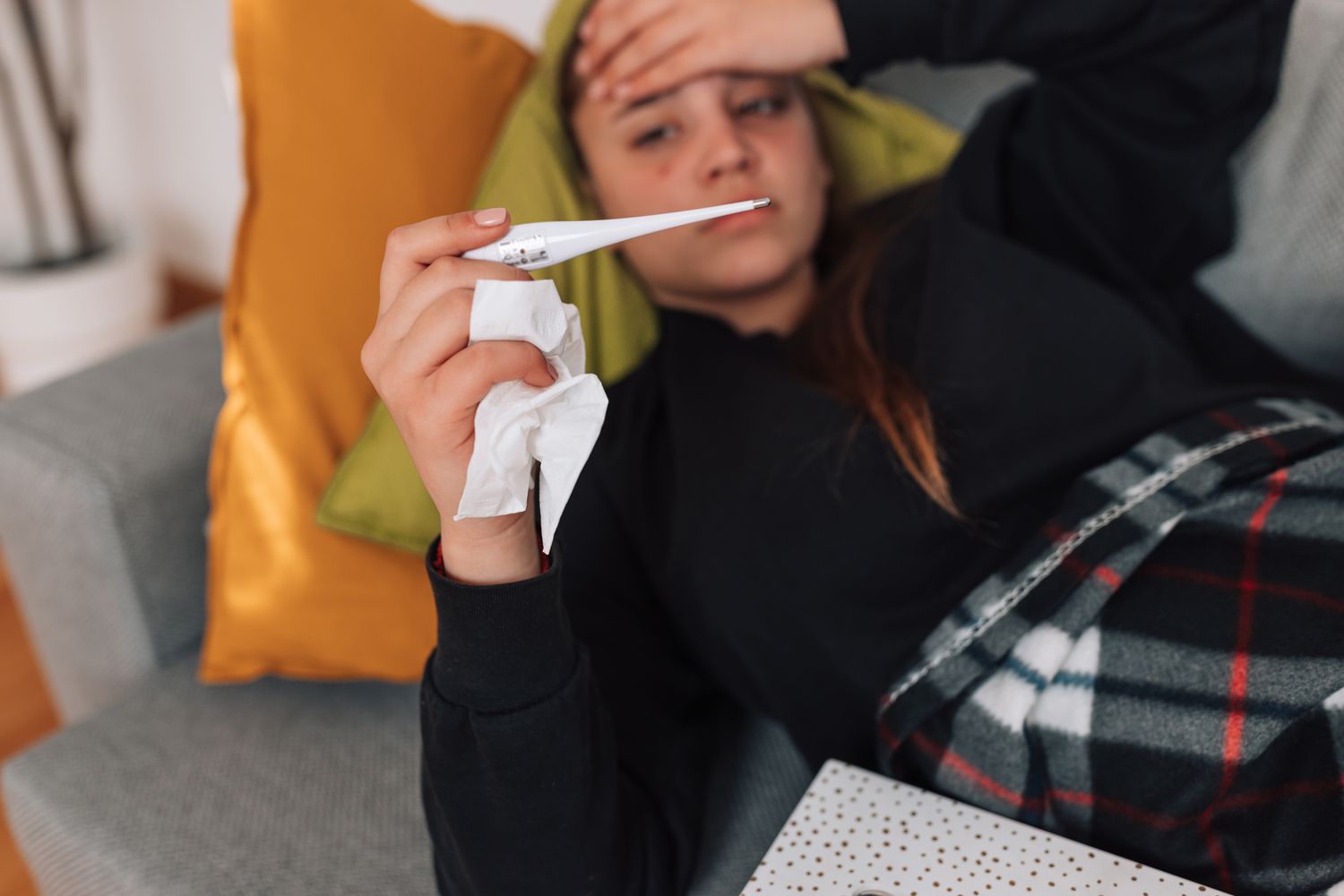Mononucleosis, commonly known as “mono,” is an infectious disease that primarily affects adolescents and young adults. However, children, including kids of all ages, can also fall victim to this ailment. In this comprehensive guide, we delve into the world of mono symptoms and treatments for kids, providing valuable insights to help parents and caregivers better understand and manage this condition.
Mono Symptoms and Treatments for Kids: Unveiling the Facts
| Mono Symptoms and Treatments for Kids | Understanding the Basics |
| What is Mono, and How Does It Affect Kids? | Mononucleosis is a viral illness caused by the Epstein-Barr virus (EBV), a member of the herpesvirus family. While it commonly affects teenagers and young adults, children can also contract the virus through close contact with infected individuals. The virus primarily spreads through saliva, hence its nickname “the kissing disease.” Children with mono often experience fatigue, fever, sore throat, and swollen lymph nodes. |
| Identifying Mono Symptoms in Kids | Recognizing mono symptoms in kids can be challenging, as they often resemble symptoms of other illnesses. Common signs include persistent fatigue, high fever, sore throat, swollen tonsils, headache, and body aches. Some children may also develop a rash. |
| Diagnosing Mono in Kids: When to Seek Medical Attention | If your child exhibits persistent symptoms resembling mono, it’s crucial to consult a healthcare professional. A physical examination, along with blood tests, can help confirm the diagnosis. Timely diagnosis is essential for effective management. |
| Treating Mono Symptoms in Kids: Rest and Hydration | There’s no specific cure for mono, so treatment focuses on managing symptoms. Adequate rest, plenty of fluids, and over-the-counter pain relievers can help alleviate discomfort. Encourage your child to rest and avoid strenuous activities until their energy levels improve. |
| Addressing Complications and Concerns | While mono usually resolves on its own, some cases may lead to complications such as secondary infections or an enlarged spleen. It’s crucial to monitor your child’s condition closely and follow the doctor’s recommendations. In severe cases, hospitalization may be necessary. |
| Preventing the Spread of Mono | To prevent the spread of mono, teach your child about proper hygiene practices, such as avoiding sharing utensils, drinks, and personal items. Encourage them to wash their hands regularly and avoid close contact with infected individuals. |
| When Can Kids Return to School and Normal Activities? | Children with mono should stay home from school and other activities until their symptoms improve and their healthcare provider gives the green light. Returning to normal activities gradually, once cleared by a doctor, is essential to prevent relapses. |
FAQs about Mono Symptoms and Treatments for Kids
Q: Can mono be prevented through vaccination?
No, currently there is no vaccine available specifically for mononucleosis.
Q: Is mono highly contagious among kids?
Yes, mono is contagious and can spread through close contact with an infected person’s saliva.
Q: What is the recovery period for kids with mono?
Recovery time varies, but most children start feeling better within a few weeks, although fatigue can persist for several more weeks.
Q: Are there any dietary restrictions for kids with mono?
No specific dietary restrictions are necessary, but a balanced diet rich in nutrients can support the immune system.
Q: Can children get mono more than once?
While it’s possible to contract mono multiple times, it’s rare due to the development of immunity after the first infection.
Q: Should I be concerned about my child’s swollen spleen?
Yes, an enlarged spleen is a potential complication of mono and can be dangerous. It’s important to follow medical advice and avoid activities that may increase the risk of injury.
In the journey of parenting, understanding common illnesses like mono is crucial. By recognizing the symptoms and following appropriate preventive measures, you can help your child recover comfortably and avoid potential complications. Remember that every child is unique, and their response to mono may differ. By staying informed, seeking medical guidance, and providing the necessary care, you can ensure your child’s well-being and a smooth road to recovery.

